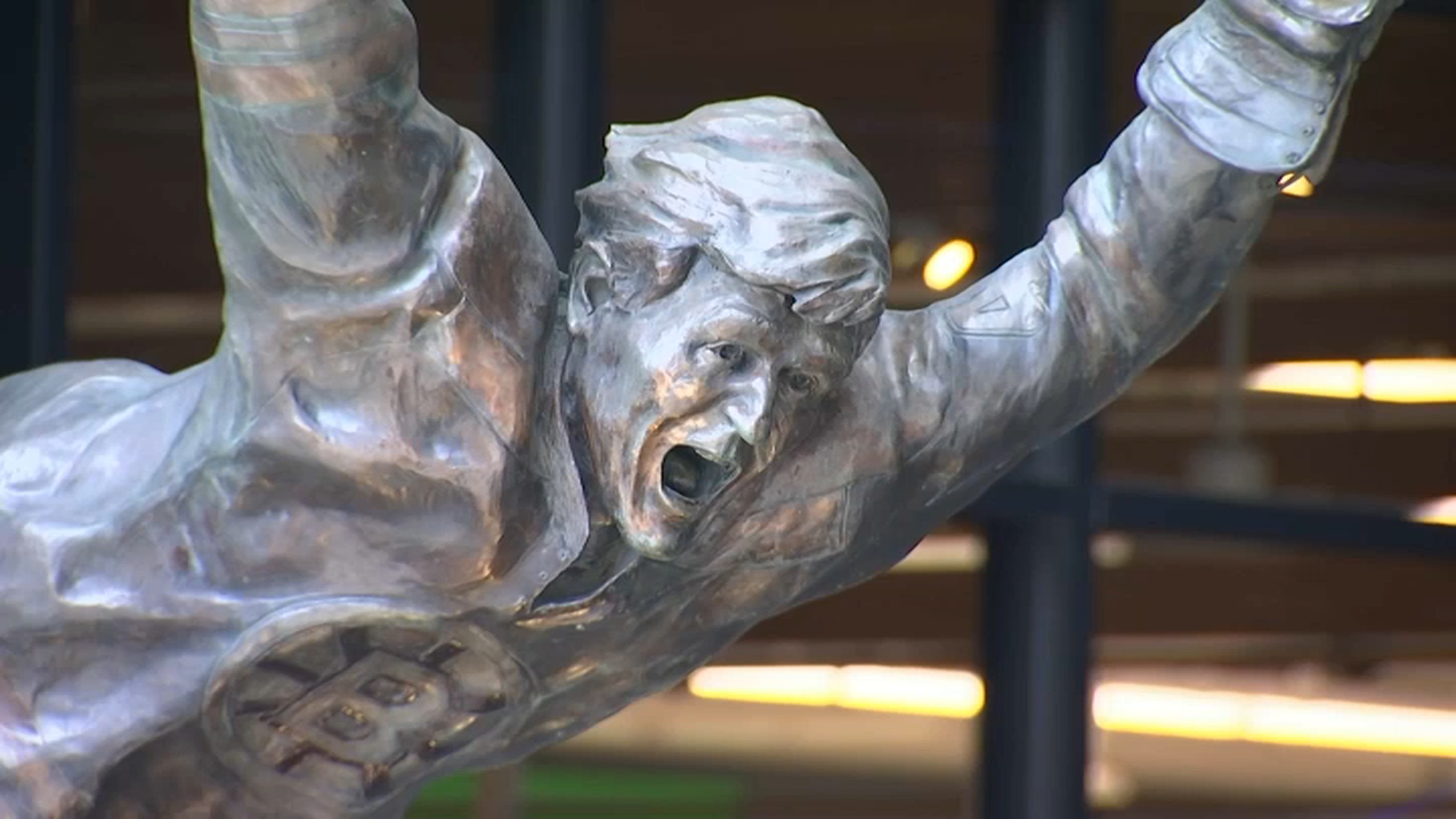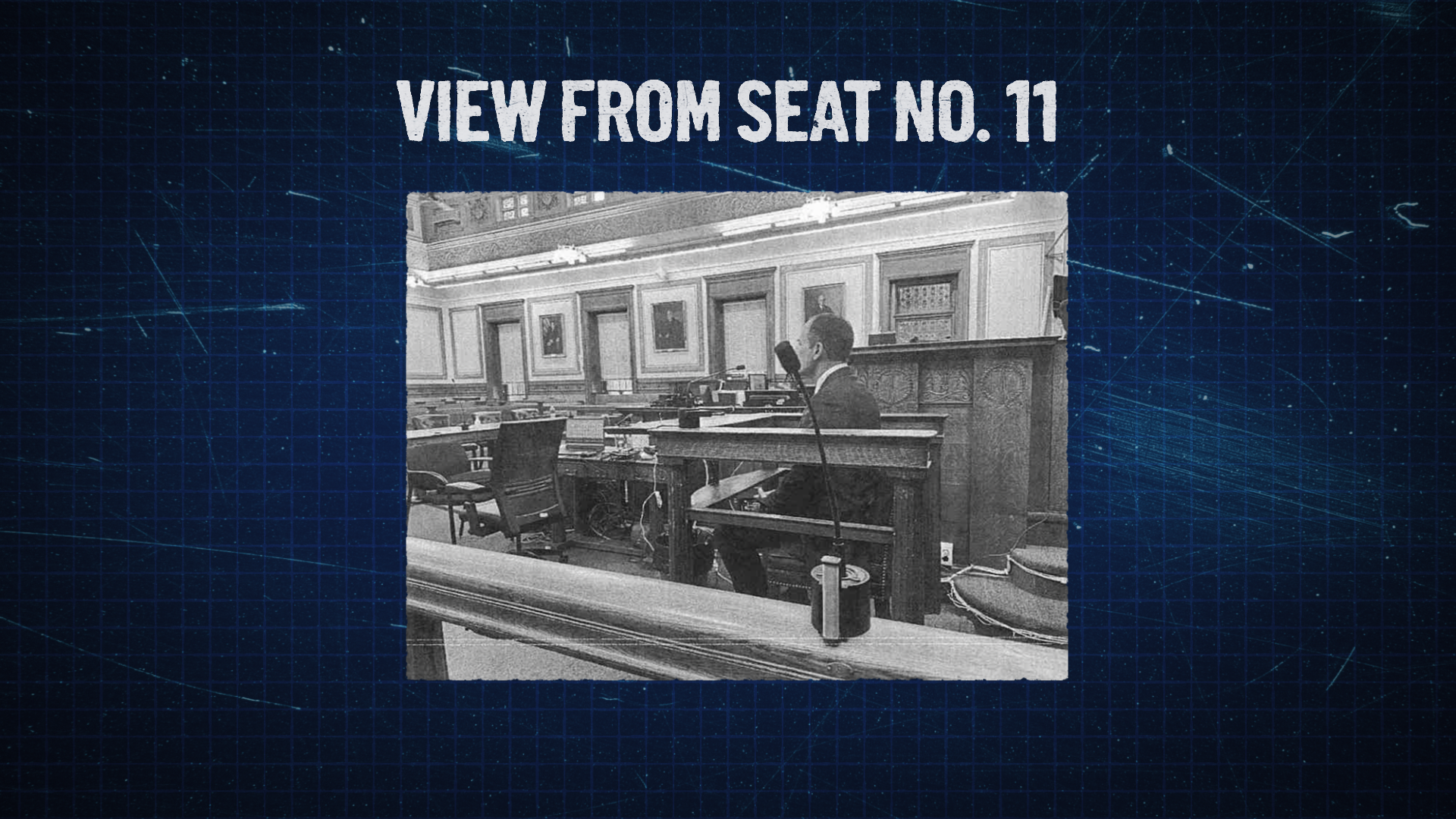Boston's police commissioner squared off in court Tuesday with the leader of the city's largest police union over a plan to have 100 officers wear body cameras, as lawyers for each side accused the other of having "unclean hands" in a long-simmering dispute over police accountability.
A pilot program was scheduled to start last week. But after no officers volunteered, Commissioner William Evans ordered 100 officers to wear the cameras. That prompted the Boston Police Patrolmen's Association to ask a judge to issue an injunction to halt the program until a new agreement can be negotiated.
Union President Patrick Rose testified Tuesday that the city violated its agreement with the union when Evans assigned officers to what was supposed to be an all-volunteer program. Rose acknowledged that he told members not to volunteer for the program before the union had reached an agreement with the city. But he insisted that once the agreement was reached, he encouraged officers to volunteer.
"We know we're going to have cameras on ... all I ever looked for was an agreement that took care of the things we wanted to take care of," Rose said.
Kay Hodge, a lawyer for the city, suggested that the union deliberately failed to encourage its members to volunteer for the program.
"We believe the union is here with unclean hands," she said.
Union attorney Susan Horwitz used the same phrase when referring to the city. "Talk about unclean hands," she said, referring to the decision by Evans to order officers to wear cameras.
Activists around the country have called for police body cameras since the fatal shooting of Michael Brown in Ferguson, Missouri, in 2014, followed by a succession of other police shootings of unarmed black men.
Evans acknowledged that he was initially "lukewarm" on whether body cameras were needed in Boston, where the police department has been hailed for its community policing and strong relationships with city residents. But he said his position has evolved over the past year, when he was able to use surveillance videos after police shootings to show community leaders that police fired only when they had to defend themselves.
Massachusetts
The latest news from around the state
"The video helped us keep the city calm," he said.
"I've realized more and more what value (cameras) have given, with what's gone on in this country," he said.
Evans said he wants the program to begin next week and believes it's within his authority as police commissioner to order officers to wear the cameras. He said renegotiating with the union and soliciting volunteers at this point "will only further delay the start of the program."
Judge Douglas Wilkins did not immediately rule on the union's injunction request. The hearing will continue Wednesday.



